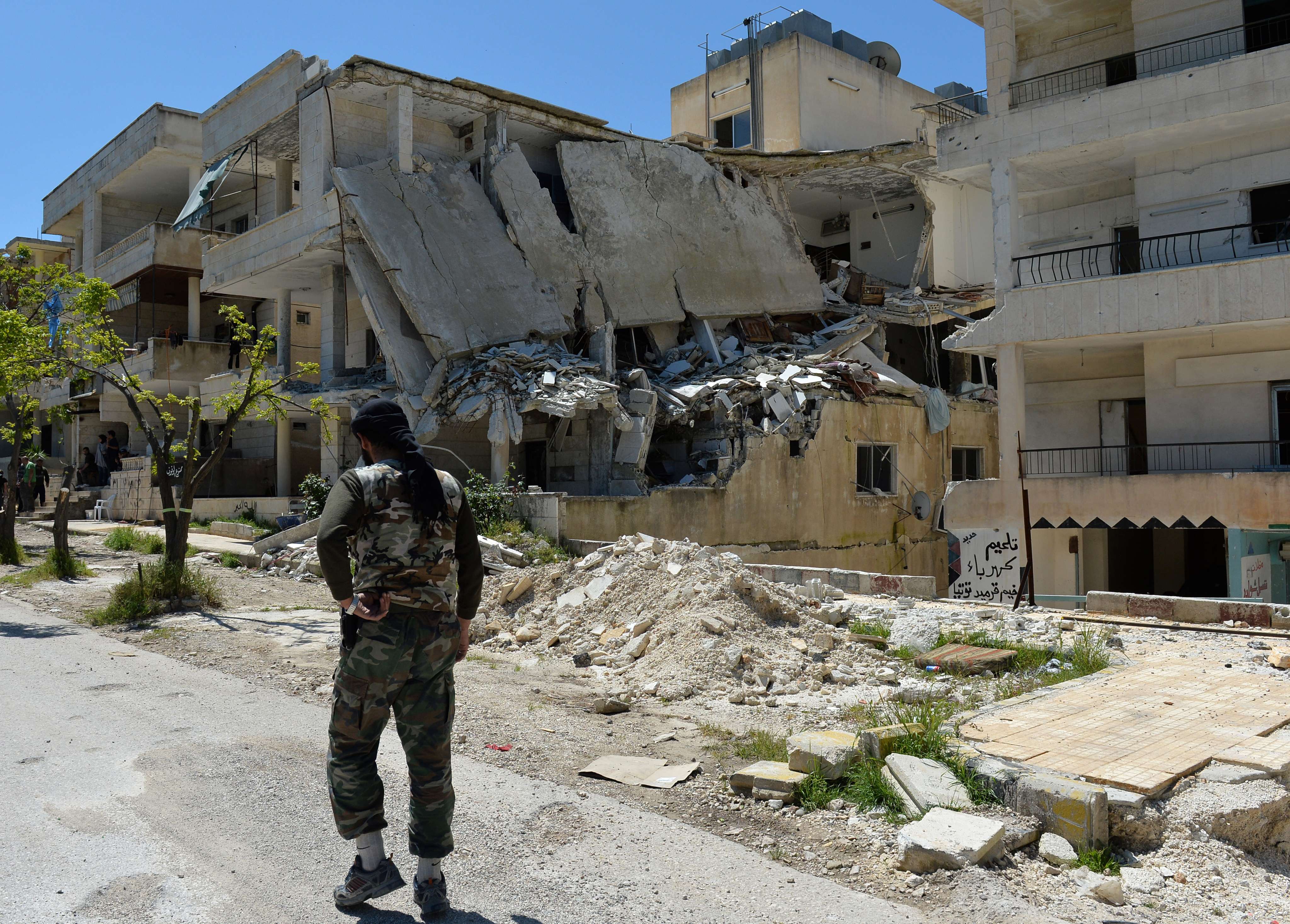CAIRO: A series of events have unfolded in recent weeks thrusting Muslims and their faith equally into the focus of the media. Islamic scholars, activists and moderates, however, caution that the events making news as of late should be linked neither to Muslims nor the religion in general.
Elections in nearly a dozen countries over the past year have ended in considerable gains for Islamic movements in the region. In Egypt last December, the Muslim Brotherhood won a record 88 seats in the 145-member parliament. Their gains, which did not come without discord after police clashed with a number of Muslim Brotherhood supporters in Alexandria and the Delta, were said to be symbolic of a nation tired of oppressive governance.
In Palestine last month, Hamas, known for its militant activities and its commitment to the destruction of Israel, walked away with nearly two-thirds of the seats of the revived Palestinian parliament. As green flags decorated the streets of the West Bank and Gaza, supporters of the Islamic group explained that their support to Hamas is merely the result of the ineffectiveness of the ruling Fatah party.
“Islamists around the world are succeeding now for a simple reason – we respect religion, we respect our relationships and we respect the human race, explains Mahdi Akef, supreme guide of the Muslim Brotherhood. “There were no elections before. Once there were elections, Islamists were greatly successful, and they will continue to gain success everyday.
“What we are witnessing now is thanks to the American war on terror, says Diaa El-Rashwan, a political scientist with the Al-Ahram Center for Political and Strategic Studies. “This is the motivation behind everything that you’re seeing now. In the last four-year period, April 2002 until today, there were 11 elections in Islamic countries including Pakistan, Egypt, Iran, Bahrain, Kuwait, Jordan, Turkey and Palestine. The Islamists in all the elections made major progress. They weren’t defeated in a single country.
Much of the success of Islamic movements worldwide can be attributed to their organization and ability to evolve with the ever changing demands of voters. In the cases of the Muslim Brotherhood and Hamas, election campaigns were strategic and aggressive, both groups making a point to stress their political agenda over any social agenda that might result with the official implementation of shar’ia law. Leaders of the Muslim Brotherhood, for example, instructed their followers to refrain from touting the Quran at political demonstrations so not to send mixed messages.
Regardless of their image tweaking, the message is clear. Islam is by far the fastest growing religion in the world with some 1.2 billion Muslims worldwide. The Muslim Brotherhood alone boasts a presence in 70 countries, and dozens of Islamic organizations spawned off of it.
“Westerners are just paying more attention to it due to recent events, notes Bradley Class, a professor of Comparative Religion at the American University in Cairo. “If we were paying more attention we would have seen the rise of Islam was coming, moderate and extremist Islam.
Popular as they may be, the faith is embattled in recent years following a number of terrorist attacks and violent uprisings around the world, all of which have been linked in some way to Islam. Then last week, the cartoon printed first in Denmark and then later in a number of countries provoked fury among Muslims who strongly oppose any depiction of the Prophet Mohammed. Embassies in Damascus and Beirut were set ablaze, and zealous protests were held in countries spanning the Arab world.
Muslim leaders are concerned now that the recent political successes of Islamic movements in the region will be undermined by the violent images of those groups protesting the publication of the offensive cartoons. They add that Islam, which in its purest form promotes peaceful submission to God, has failed to find a unified voice to represent the ideologies of the religion, leaving the actions of an irresponsible minority take over as the global voice of Islam.
“I think violence in Damascus and Beirut is working toward a hidden agenda, notes Muslim Brotherhood spokesman Essam Al-Erian. “Some political powers want to play a dirty game to take people down the wrong track when they are protesting over a God issue. One of the main goals is to distort the image of the Islamic movement, to get the people to say they are not peaceful, not democratic, against free speech. They are ignoring the vast majority of Muslims all over the world.
